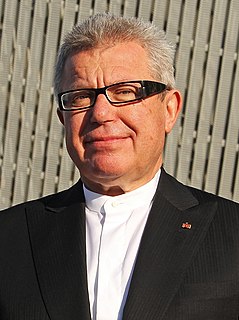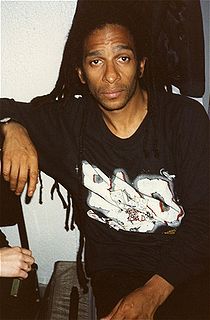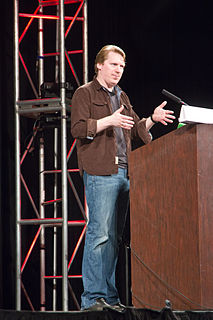A Quote by Zanny Minton Beddoes
We want to have a conversation about what does it mean to be liberal in the 21st century and how do we go about creating that kind of a society.
Related Quotes
In thinking about religion and society in the 21st century, we should broaden the conversation about faith from doctrinal debates to the larger question of how it might inspire us to strengthen the bonds of belonging that redeem us from our solitude, helping us to construct together a gracious and generous social order.
[In] the 21st century, the mainstream can satisfy your every whim. I guess the idea of walking around with groups of people dressed the same and saying, "I'm only into ska" or "I'm only into whatever" - is kind of restrictive in the 21st century. I don't know if it's a bad thing that these movements have run their course. I think what I miss about it is the collective experience.
I think we're creating a situation that's incredibly dangerous. There's a lot of chat at the moment about the war on terror and whilst there are many causes for acts of terrorism, what kind of society are you creating if you allow civil society in Africa to die and create millions upon millions of orphans? Where are they going to go? What kind of cults, what kind of militias, what's going to happen? The accession of violence in those countries, the possibility of that, to me is very terrifying.
What does it really mean to be a leftist in the early part of the 21st century? What are we really talking about? And I can just be very candid with you. It means to have a certain kind of temperament, to make certain kinds of political and ethical choices, and to exercise certain analytical focuses in targeting on the catastrophic and the monstrous, the scandalous, the traumatic, that are often hidden and concealed in the deodorized and manicured discourses of the mainstream. That's what it means to be a leftist. So let's just be clear about it.
Design is about creating spaces for people to enjoy and of course, creating moments where you elevate the spirit, but 'design for good' is figuring out a program that not only creates better spaces, but creates jobs, creates new industry and really kind of raises the conversation about how we rebuild.
The health-care law, irrespective of how people feel about the aims of it - and obviously I don't agree with Obamacare - but the worry that some businesses have about how the law will impact their bottom line has made people more apprehensive about expanding and growing their business in the 21st century.
We are not post-racial. And in many ways we don't even know how to have a conversation about being post-racial. Until we get out of that old-school way of thinking about race and opportunity and the ability to transcend some of the past of this country, then we're going to be stuck in the 20th-century conversation about race.

































